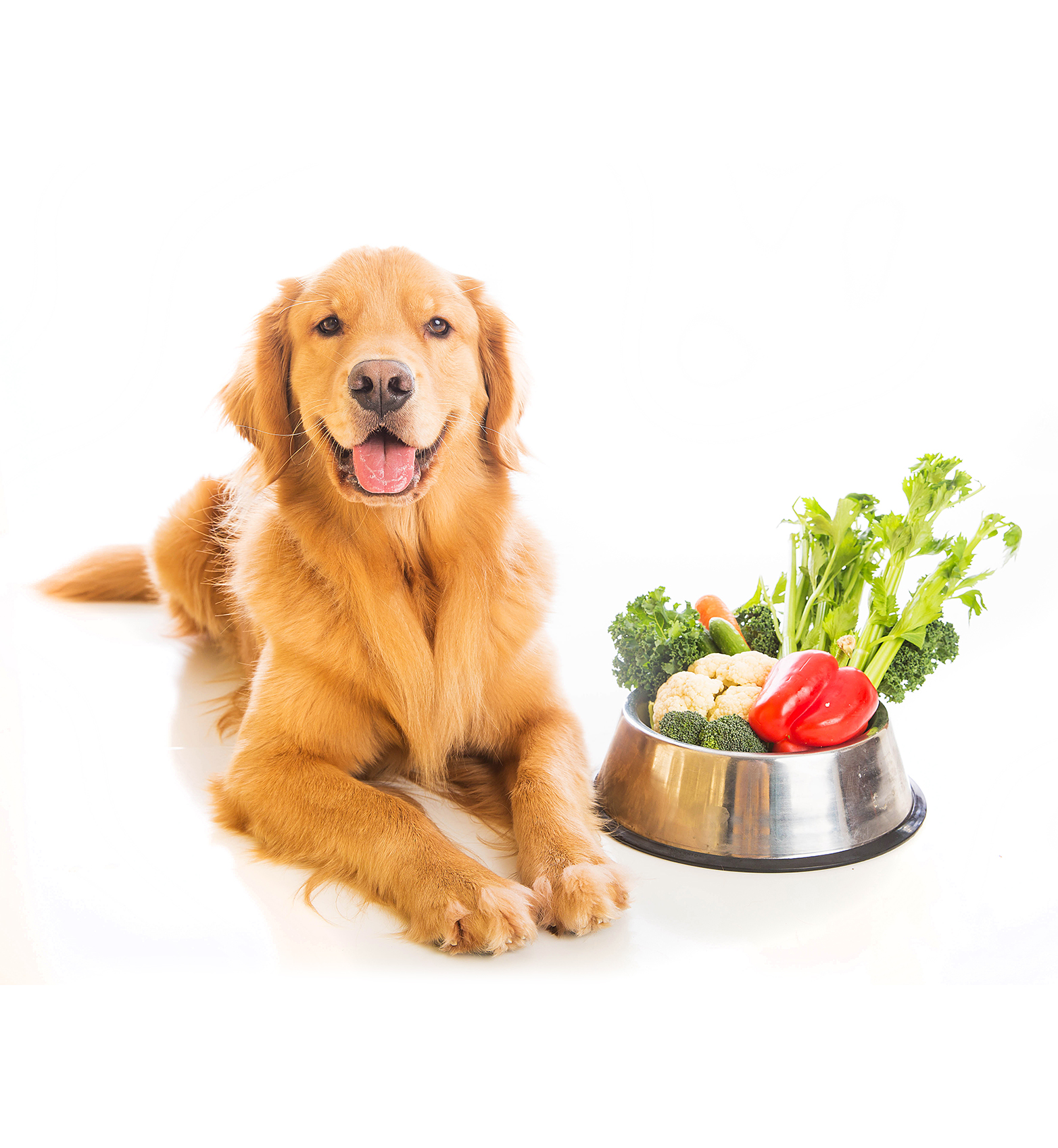
Packaged Pet Food vs. Home-Cooked Food: Which is Better for Your Pet?
Choosing between packaged pet food and home-cooked meals can be challenging for pet parents. This blog explores the differences in nutrition, ingredient quality, convenience, cost, and health benefits of both options. Learn which diet suits your pet best and how to ensure they receive balanced, wholesome nutrition for a healthy and happy life!
Document:
Nutrition plays a vital role in a pet’s overall health, affecting their energy levels, immune system, and longevity. As a pet parent, choosing the right diet can be confusing, especially when deciding between packaged pet food and home-cooked meals. Both options have their pros and cons, and the best choice depends on factors like nutritional balance, convenience, and your pet’s specific needs.
In this blog, we’ll break down the key differences between packaged pet food and home-cooked meals to help you make an informed decision for your furry friend.
1. Nutritional Balance
- Packaged Pet Food: Formulated to meet the specific nutritional needs of pets, commercial pet foods are designed by experts to include the right balance of protein, carbohydrates, fats, vitamins, and minerals. They follow guidelines set by pet nutrition authorities like AAFCO (Association of American Feed Control Officials) to ensure complete and balanced meals.
- Home-Cooked Food: While home-cooked meals can be nutritious, they require careful planning to ensure your pet gets all the essential nutrients. Many pet parents unknowingly create nutritional imbalances by missing key vitamins and minerals like calcium, taurine (for cats), and omega fatty acids. Without proper supplementation, deficiencies can lead to health issues.
Verdict: Packaged pet food provides complete, balanced nutrition, while home-cooked meals require extra attention to ensure nutritional adequacy.
2. Quality of Ingredients
- Packaged Pet Food: High-quality commercial pet foods use carefully sourced meats, grains, and vegetables, but some brands may include fillers, by-products, artificial preservatives, and additives. It’s crucial to choose premium brands that use real meat, whole grains, and natural ingredients over those with excessive processed components.
- Home-Cooked Food: When you prepare meals at home, you have full control over ingredient quality. You can select fresh meats, vegetables, and healthy fats while avoiding artificial additives. However, ensuring a balanced diet requires guidance from a veterinarian or pet nutritionist.
Verdict: Home-cooked meals offer fresher ingredients, but high-quality packaged pet food ensures scientifically balanced nutrition.
3. Convenience and Shelf Life
- Packaged Pet Food: One of the biggest advantages of commercial pet food is its convenience. It’s easy to store, requires no preparation, and has a long shelf life, making it ideal for busy pet parents. Dry kibble and wet food are available in different formulas suited to specific life stages, breeds, and health conditions.
- Home-Cooked Food: Preparing fresh meals requires time, effort, and planning. Unlike kibble or canned food, home-cooked meals spoil faster and require refrigeration. If you travel frequently or have a hectic schedule, cooking for your pet daily might not be practical.
Verdict: Packaged pet food is more convenient, while home-cooked food requires time and effort but offers fresh ingredients.
4. Digestibility and Palatability
- Packaged Pet Food: Many commercial pet foods contain digestible fibers and probiotics to promote gut health. However, some low-quality brands may have artificial flavors or preservatives that could lead to digestive issues.
- Home-Cooked Food: Freshly prepared meals are highly palatable and easy to digest, especially for pets with food sensitivities. However, some ingredients commonly used in human meals, like onions, garlic, and excessive salt, can be harmful to pets. Careful ingredient selection is necessary.
Verdict: Home-cooked meals are generally more palatable and digestible, but packaged pet food provides additional gut health support.
5. Cost Considerations
- Packaged Pet Food: High-quality pet food can be expensive, but it eliminates the need for supplementation and precise meal planning. Budget-friendly brands are available, but they may compromise on ingredient quality.
- Home-Cooked Food: Cooking at home can be cost-effective, especially if you use locally sourced ingredients. However, adding essential supplements (like calcium, omega-3s, and multivitamins) may increase costs.
Verdict: Home-cooked meals can be cost-effective but may require supplements, while premium pet food ensures balanced nutrition at a higher price.
6. Health and Special Diet Needs
- Packaged Pet Food: Many pet food brands offer specialized formulas for weight management, allergies, kidney health, and senior pets. These diets are backed by veterinary research and ensure optimal nutrition for pets with health concerns.
- Home-Cooked Food: If your pet has allergies or medical conditions, a vet-prescribed homemade diet may be the best option. However, it requires close monitoring to ensure nutritional balance and avoid deficiencies.
Verdict: Packaged pet food offers specialized formulas for health conditions, while home-cooked meals can be customized but require expert guidance.
Which Option is Best for Your Pet?
The best choice depends on your lifestyle, your pet’s dietary needs, and your ability to provide a balanced home-cooked diet.
- Choose Packaged Pet Food If:
- You want balanced, vet-approved nutrition without worrying about deficiencies.
- You have a busy schedule and need a convenient, long-lasting food option.
- Your pet requires specialized diets for health conditions.
- Choose Home-Cooked Food If:
- You prefer fresh, natural ingredients and have time for meal prep.
- Your pet has allergies or sensitivities to commercial food ingredients.
- You are willing to work with a vet or pet nutritionist to ensure a balanced diet.
Some pet parents also choose a hybrid approach, combining high-quality packaged pet food with occasional home-cooked meals to provide variety while ensuring balanced nutrition.
Final Thoughts: The key to a healthy pet diet is nutritional balance, quality ingredients, and consistency. Whether you choose packaged pet food, home-cooked meals, or a mix of both, always prioritize your pet’s overall well-being.


